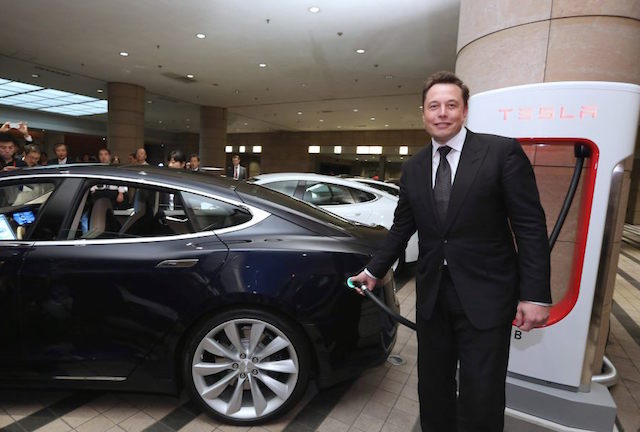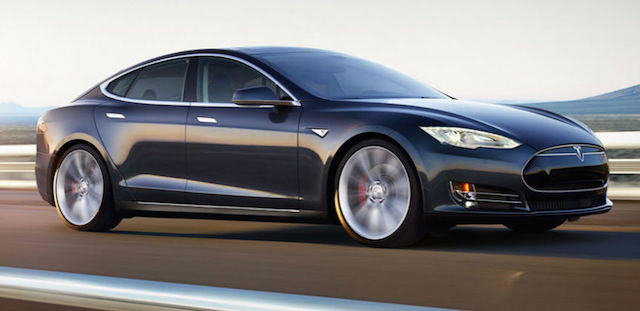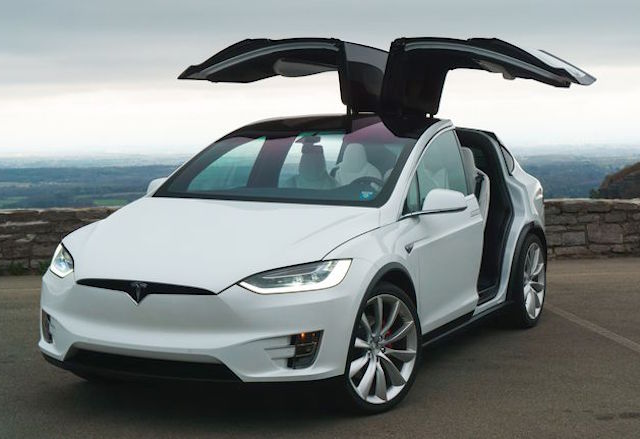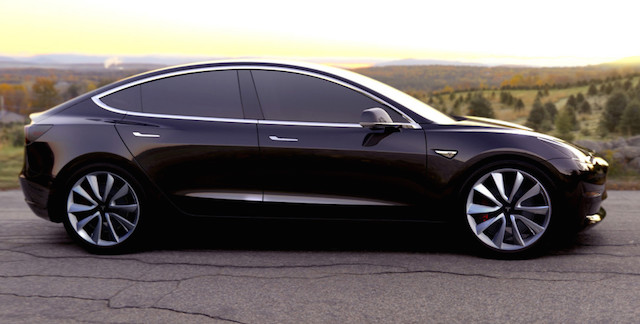
US electric carmaker Tesla has opened up its order book for right-hand drive New Zealand – and those buyers who pony up with the readies for the Model S sedan or Model X SUV can expect either of them to be delivered around March/April next year.
The all-wheel-drive, zero-emissions cars can now be ordered online at tesla.com, which also provides details of the company’s ‘Powerwall 2.0’ solar storage system. It enables home owners to store energy during the day to use during peak hours at night, or in an emergency.

Tesla has confirmed that the first store and service centre for its cars will be in Auckland. Quick-charge stations – ‘superchargers’ – for the car’s lithium-ion battery pack are being planned at intervals between Auckland and Wellington. The company says it will continue to monitor demand for its vehicles in both North and South Islands.
Model S starts in price at NZ$113,300 for the rear-drive 60 kWh battery pack and its 408km range. The 75kWh rear-drive Model S costs $126,800 (490km) and the all-wheel-drive 90kWh version (557km) is $149,700.

The top-range Model S, the all-wheel-drive P100D sedan, is the “fastest four-door ever built’, says Tesla. Its two electric motors – one on the front axle, one on the rear – propel it from 0-100km/h in a claimed 2.8 seconds. Range of the P100D ($217,000) is said to be 613km.
The SUV Model X is notable for its ‘falcon wing doors’ and comes with the choice of five, six, or seven seats. It sprints to 100km/h in 3.2 seconds and on to a top speed of 250km/h. Tesla claims it is the first electric vehicle with a towing capacity of 2.2 tonnes. Depending on battery pack – 75kWh, 90kWh, 100kWh – it ranges in price in NZ from $145,200 to $224,500.

The third Tesla car, the mid-sized Model 3 sedan, goes into production in the US next year and isn’t likely to be available in NZ until 2018-19. Tesla CEO Elon Musk (top) says he aims to ramp up annual overall production to 500,000 vehicles by 2018-19.
NZ, with around 80 per cent of its electricity generated by renewables, is ideal ground for electric cars and home energy storage, says Tesla. Powerwall 2.0 has 7kW of power capacity and 14 kilowatt-hours of energy storage, double that of Tesla’s first solar unit, Powerwall 1.0.
The average NZ household uses roughly 30 kilowatt-hours a day. Two Powerwall 2.0 units could in theory power a house for a day. No details yet of what Powerwall 2 will cost in NZ, although it is around US$5500 in the US. Tesla CEO Elon Musk has said he expects to sell more Powerwall units than cars.
